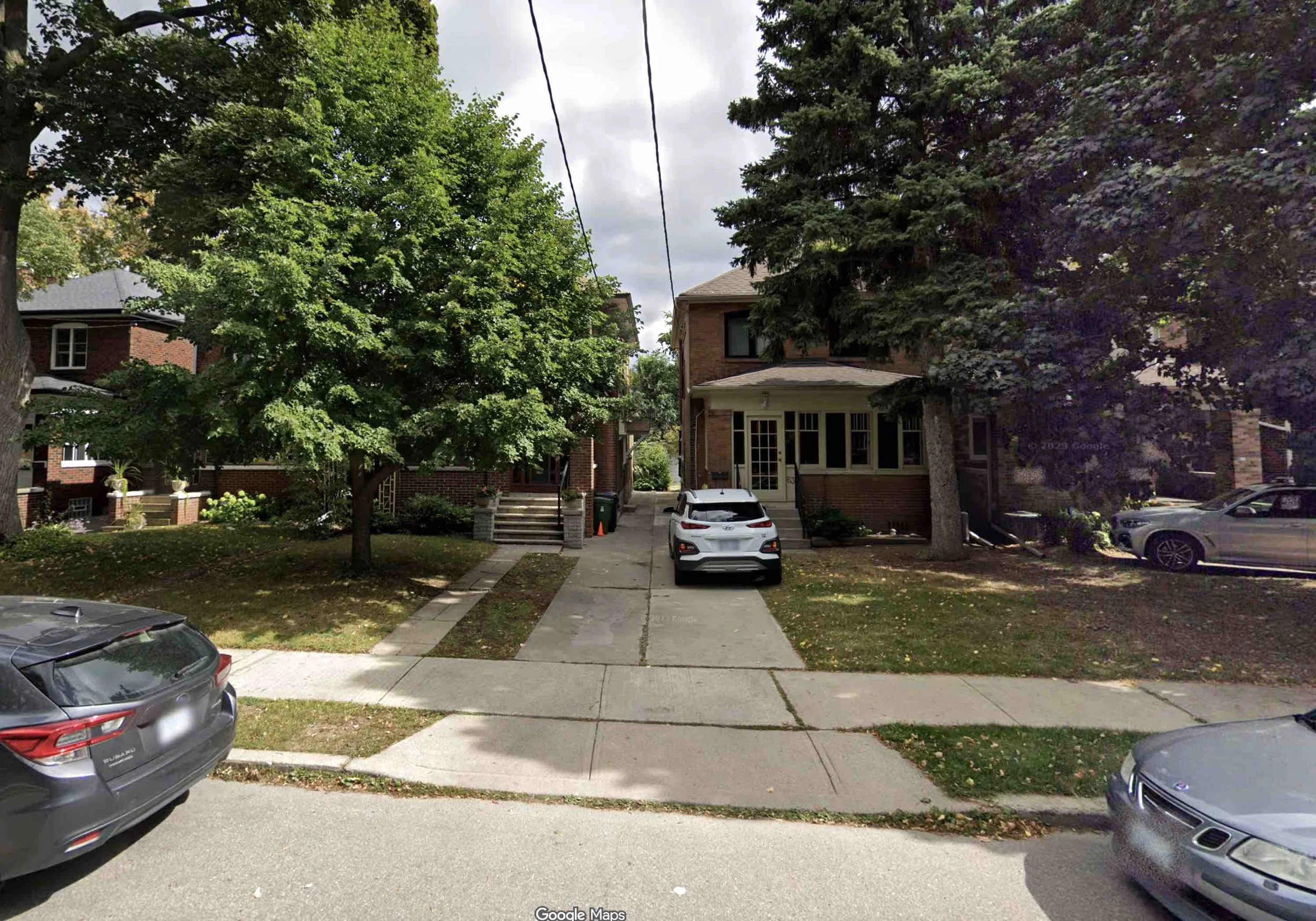The Ultimate Guide to Toronto's Permeable Paver Parking Rules
In a world where environmental consciousness is becoming increasingly paramount, cities worldwide are taking proactive steps to mitigate their ecological footprint. Toronto, often lauded for its progressive policies, is at the forefront of this movement, requiring permeable pavers for parking pads and driveway widening projects. This mandate reflects the city's commitment to sustainability and serves as a model for urban areas grappling with the challenges of climate change and urban development.
But what exactly are permeable pavers, and why does Toronto insist on their use? Let's delve into the intricacies of this requirement and its implications for the city's landscape and environment.
Understanding Permeable Pavers
Permeable pavers, also known as porous or pervious pavers, are a type of paving material designed to allow water to infiltrate through the surface into the ground below. Unlike traditional pavement surfaces, which are impermeable and contribute to stormwater runoff, permeable pavers feature voids or openings that enable water to pass through. These voids are typically filled with gravel or another aggregate, providing structural support while facilitating water permeability.
The Need for Permeable Pavers
Toronto's mandate for permeable pavers in parking pads and driveway widening projects stems from several pressing concerns:
Stormwater Management: In urban areas like Toronto, the proliferation of impermeable surfaces—roads, parking lots, and driveways — exacerbates stormwater runoff issues. During heavy rain events, water flows rapidly over these surfaces, picking up pollutants and overwhelming municipal drainage systems. By using permeable pavers, the city aims to reduce the volume and velocity of stormwater runoff, thereby alleviating strain on infrastructure and minimising the risk of flooding.
Groundwater Recharge: Impermeable surfaces not only impede water infiltration but also disrupt natural groundwater recharge processes. Permeable pavers facilitate the replenishment of groundwater supplies by allowing rainwater to percolate into the soil, where it can be absorbed by plants or replenish aquifers. This helps maintain healthy hydrological cycles and supports ecosystems dependent on groundwater resources.
Pollution Mitigation: Traditional pavement surfaces contribute to pollution by accumulating oil, debris, and other contaminants, which are carried by stormwater runoff into water bodies. Permeable pavers, with their ability to filter and trap pollutants, offer a sustainable solution to reduce nonpoint source pollution and preserve water quality in Toronto's rivers, lakes, and streams.
Advantages of Permeable Pavers
The adoption of permeable pavers offers numerous benefits beyond environmental stewardship:
Enhanced Aesthetics: Permeable pavers come in a variety of colours, shapes, and textures, offering creative design options that enhance the visual appeal of parking pads and driveways. Their aesthetic versatility enables homeowners to customise their outdoor spaces while contributing to the overall beauty of Toronto's neighbourhoods.
Improved Safety: Permeable pavers are known for their superior traction and slip resistance, particularly when compared to smooth, impermeable surfaces. By reducing the risk of slips and falls, these pavers enhance pedestrian and vehicle safety, making them an ideal choice for residential applications.
Longevity and Durability: Contrary to common misconceptions, permeable pavers are durable and resilient, capable of withstanding heavy loads and vehicular traffic. When properly installed and maintained, they can outlast traditional pavement surfaces, providing long-term value and cost savings for property owners.
Embracing Change
Toronto's requirement for permeable pavers in parking pads and driveway widening projects exemplifies the city's commitment to sustainable urban development and environmental stewardship. By prioritising stormwater management, groundwater recharge, and pollution mitigation, Toronto aims to create resilient communities that thrive in harmony with nature.
As other cities grapple with similar challenges, Toronto's mandate serves as a blueprint for integrating innovative solutions into urban infrastructure projects. By embracing permeable pavers, cities can address pressing environmental concerns, enhance residents' quality of life, and create a legacy of sustainability for future generations.
Ready to transform your outdoor space?
Let us craft a modern, low-maintenance landscape designed to fit your lifestyle and elevate your home. Schedule a consultation today!



















